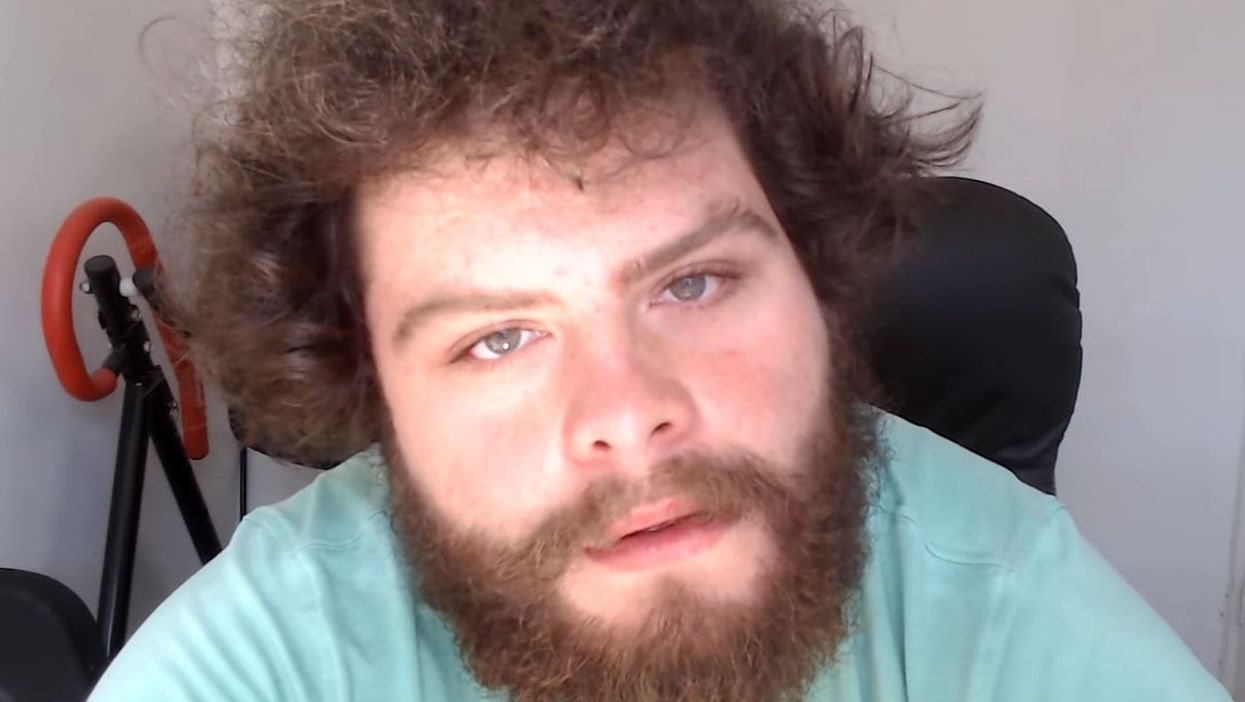News
Harriet Brewis
Aug 14, 2021
“Incels” could soon officially be treated as terrorists if there are more attacks like the Plymouth shootings, one of the country’s leading terror experts has said.
Jake Davison, 22, the gunman behind the horrific mass shooting in Devon that left six people dead, posted videos openly lamenting his virginity, with his social media accounts suggesting he showed an intense interest in the online “involuntary celibate” subculture.
The UK Independent Reviewer of Terrorism Legislation Jonathan Hall QC told BBC Radio 4’s ‘Today’ programme on Saturday: “The question is really whether or not the authorities want to treat the incel phenomenon as a terrorist risk. That would involve diverting resources or putting resources into it.”
He continued: “If we see more of these sorts of attacks, then I have got no doubt that it will be treated more seriously as terrorism. It fits rather uneasily into the way the authorities understand ideologies. It seems part of right-wing terrorism but it is not really. In fact, it is quite separate from it. It is a different sort of ideology.”
So what exactly does being an “incel” mean? And what is being done to address the toxic misogynistic movement?
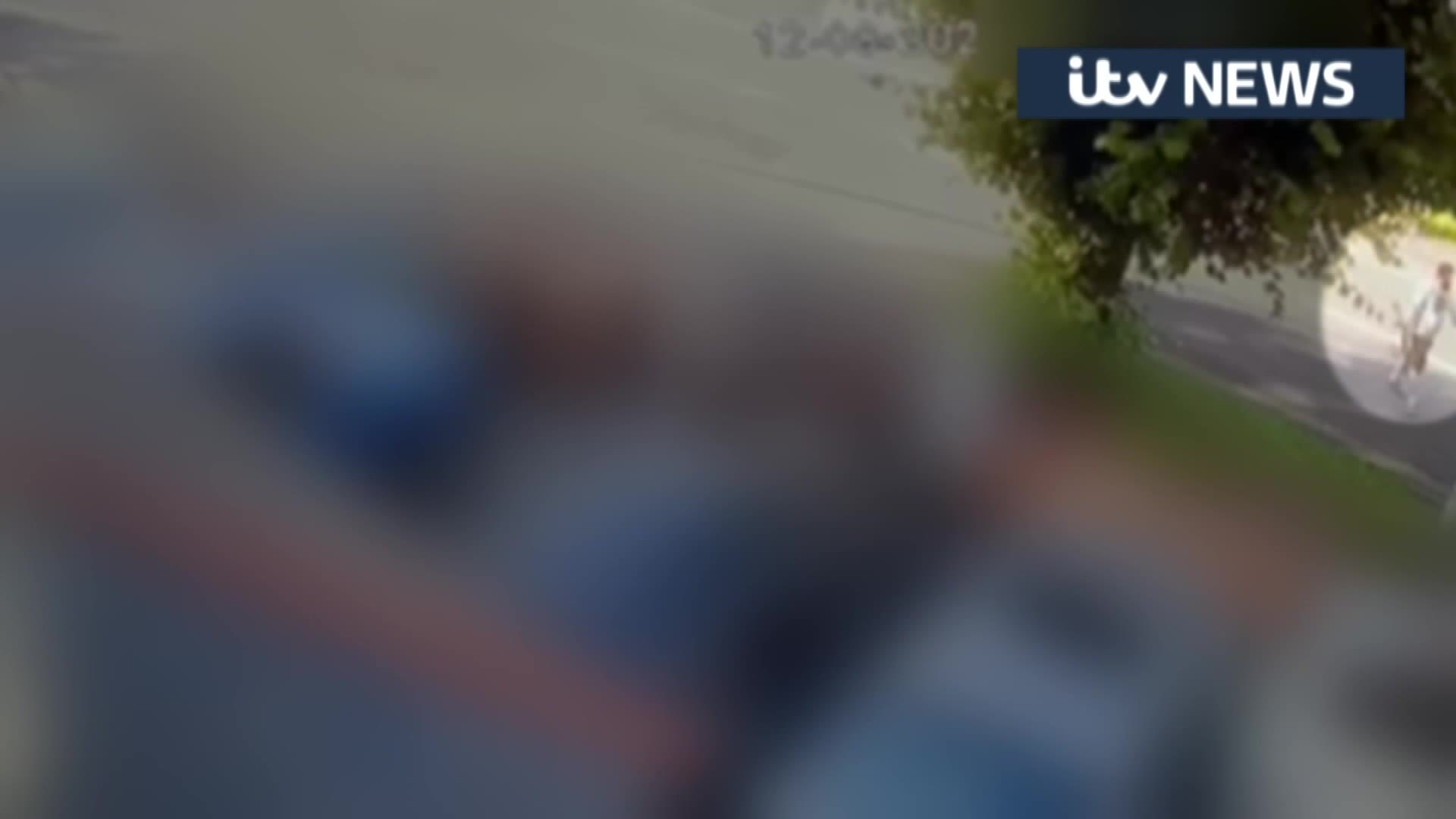
What is an incel?
The incel subculture of self-professed involuntary celibates is a “deeply sexist and misogynistic” development of age-old sexism that has been boosted by the rise of internet communities, according to a University of St Andrews expert.
“This isn’t sophisticated but the problem is the volume of people who might be flirting with this kind of scene,” said Tim Wilson, director of the Centre for the Study of Terrorism and Political Violence at the University of St Andrews.
“There’s been plenty of sexist, violent men since the dawn of history but the sense of this being a public movement could not exist without the rise of social media and the internet.
“The basic idea, I’m afraid, is the idea that sexual fulfilment is a human right and that as a man not getting it, you’re somehow being actively deprived and repressed by women.”
Antifascism campaign group Hope not Hate said it is too soon to say what motivated the Plymouth attack, but warned that the incel ideology can be “dangerous and radicalising”.
“It is built on misogyny and a twisted, desperate world view,” a spokesperson said.
“We do not know what motivated this horrendous incident, however those who consume incel content have engaged in violent attacks.
“Whatever happened in Plymouth, the hatred of women – and the communities of men who engage in a celebration of that hatred online – must be taken seriously, in schools, by social media firms and by Government.”
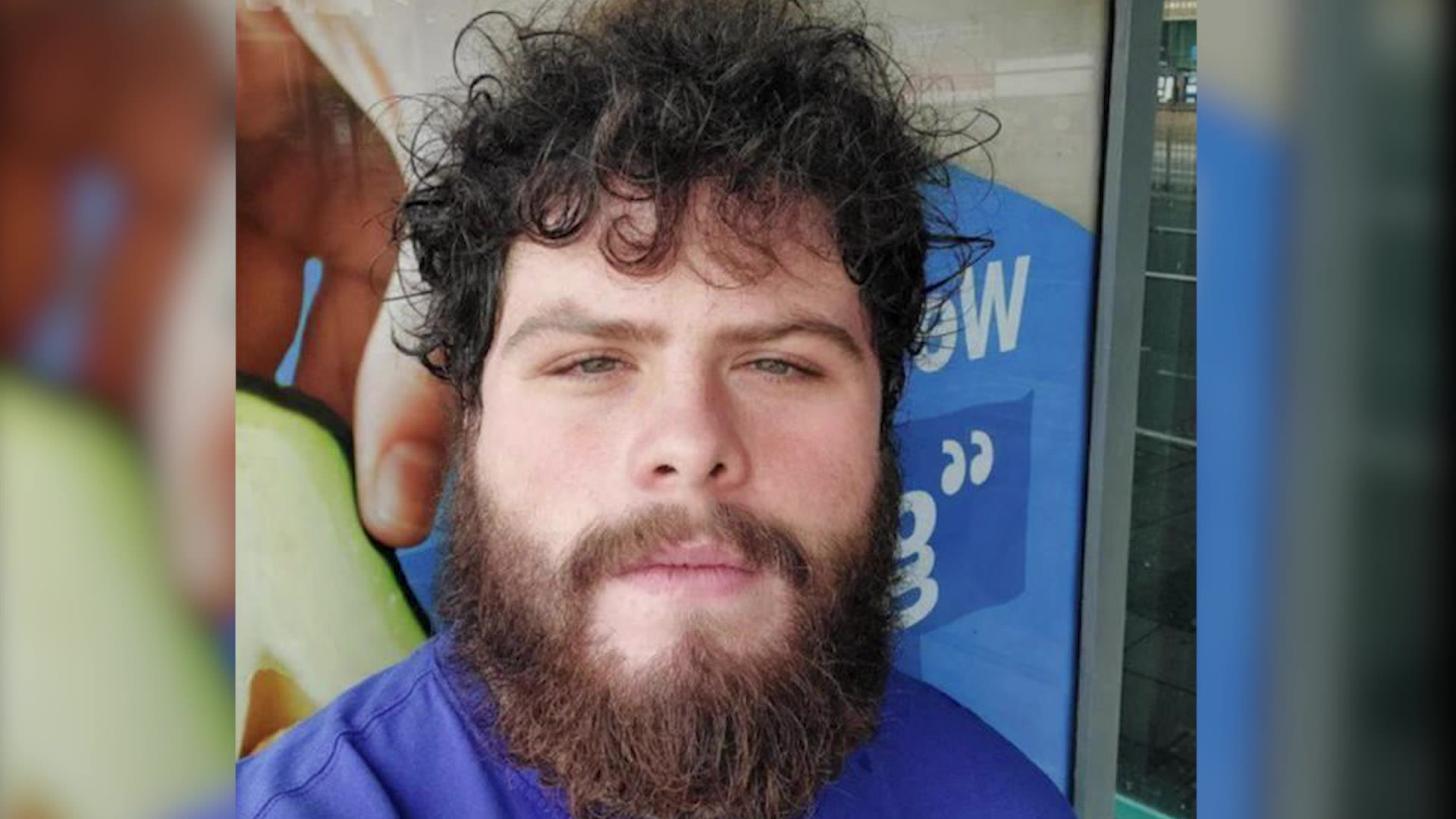
How did the subculture begin?
The incel movement gained momentum in 2014 after the Isla Vista killings by Elliot Rodger in California.
He murdered six people before turning his weapon on himself in an act of violence he described as his “war on women” who were not attracted to him.
The killer posted videos of himself online setting out his “manifesto”, as well as declaring he would get revenge on women and sexually active men.
Wilson believes Rodger was a turning point for the subculture as it made him into a “hero” – with some calling him Saint Elliot.
He said: “We have these very dark corners of the internet where lonely, frustrated people can be attracted and reinforce each others’ prejudices and world views.
“Out of that comes a grey borderland of socially disturbed killings.”
Just last month in the US, Tres Genco, a 21-year-old from Ohio who described himself as an “incel” in YouTube videos, was charged with plotting a mass shooting targeting women in university sororities.
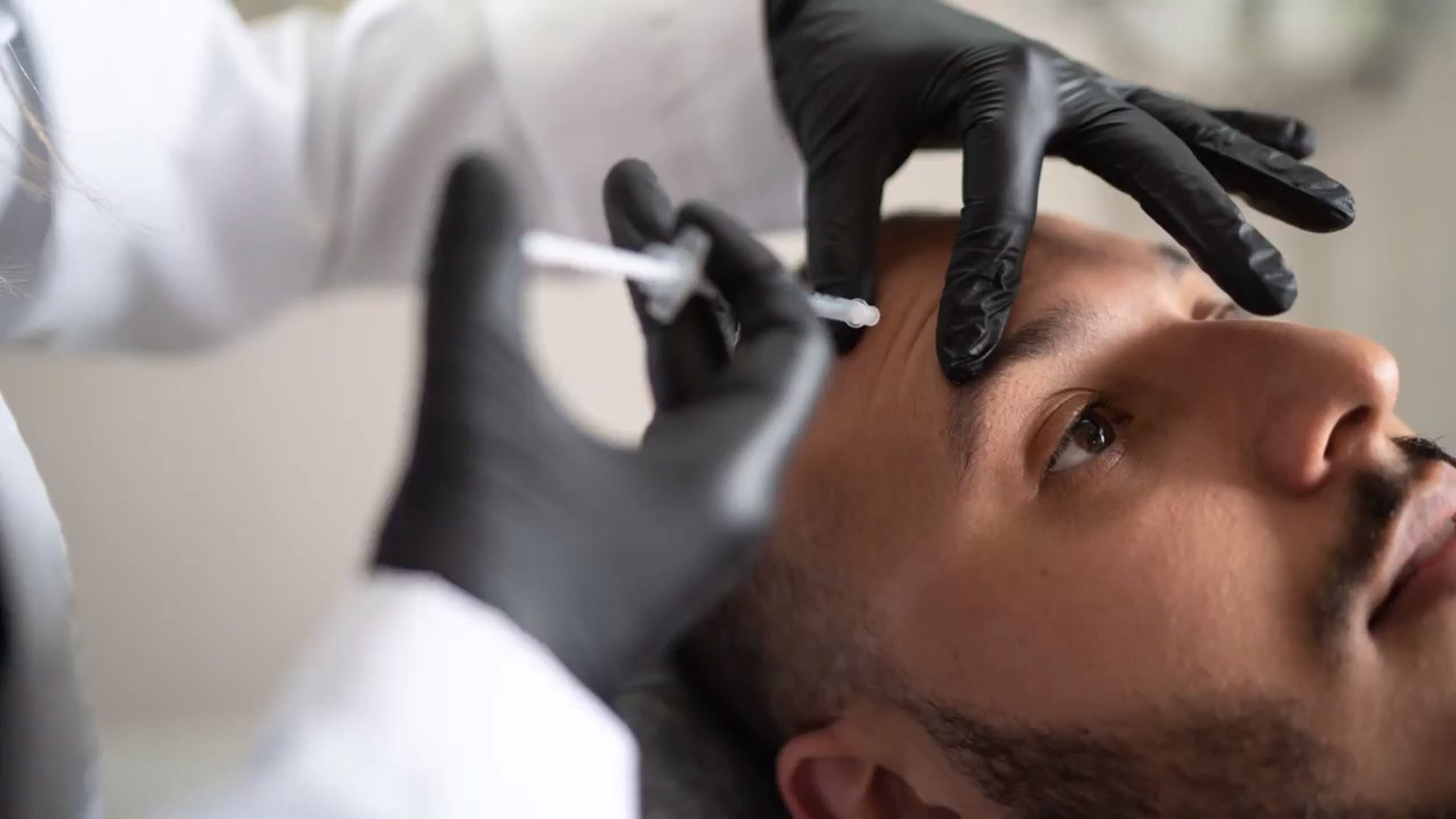
Was Davison an incel?
Despite mentioning the movement in his social media posts and following a YouTube page called Incel TV, the 22-year-old gunman said in one of his videos that he “wouldn’t clarify myself as an incel”.
Nevertheless, in a clip posted three weeks ago, Davison complained about not losing his virginity as a teenager and described himself as shut off from intimate relationships, The Times reports.
In the 14-minute recording, he described being “defeated by life” and lamented missing out on romance, saying “when you are young and when you are fresh and your hormones are raging, that is when you feel it most intensely, desire and love most strongly. When you get older, I don’t know, [...] things just seem to numb more as an adult... you just get more fed up with life.”
He continued: “The reality is love is for the young. I know I am still somewhat young and I hope I can make up for it but I have a feeling I missed the boat and it is not coming back.”
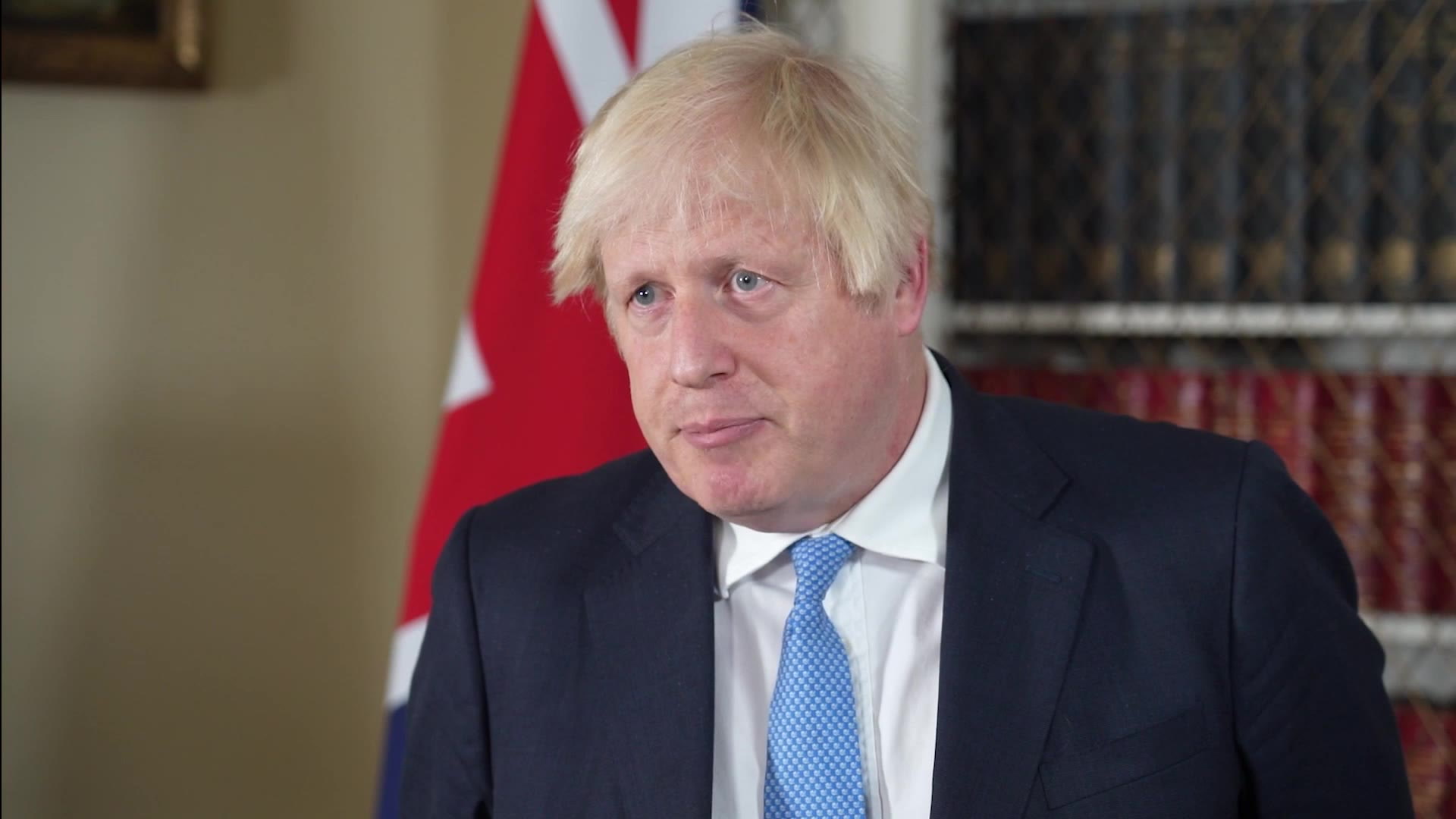
How can the incel subculture be tackled?
Former chief crown prosecutor for the North West Nazir Afzal has said that if incels and extreme misogyny were treated as terrorism then authorities would have more powers to investigate it.
He told BBC Breakfast on Saturday: “You have got to think about how we deal with these men, and they are always men. What are they saying online, how are they being radicalised, who is doing the radicalisation.
“If you treat it as terrorism then you have other options open to you in terms of intelligence gathering, in terms of being able to prosecute for disseminating materials, in terms of being able to hold them to account if they are conspiring with each other.
“So, there are other potential offences available if you treat it as terrorism, but of course as we currently know that’s not what the Government’s intention is.”
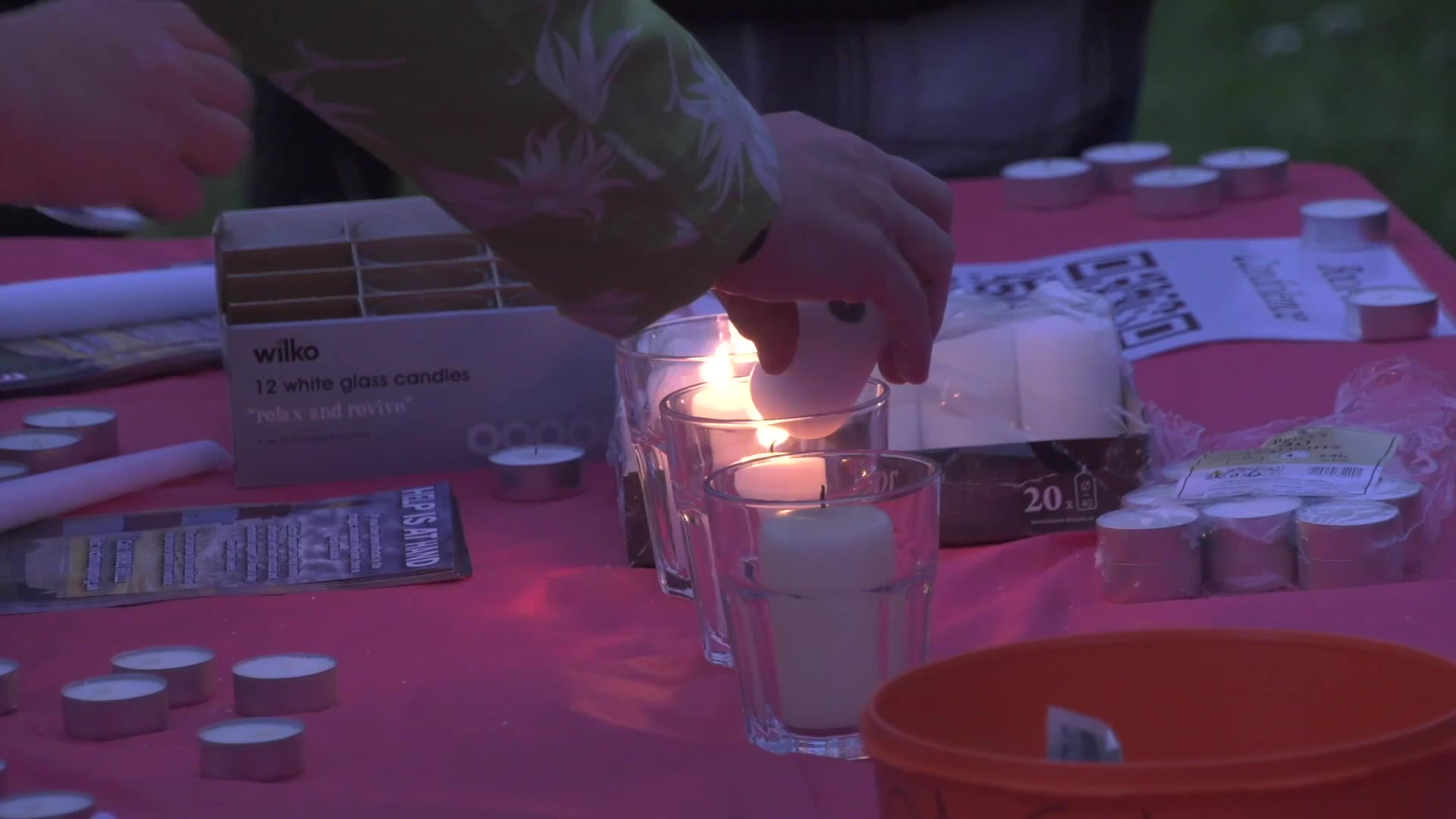
Elsewhere, Wilson said incels should be treated as a “quasi-political” movement for it to be tackled by authorities.
Last month, Caroline Dinenage, minister for digital and culture, was asked by Labour MP Bell Ribeiro-Addy whether the Government’s Online Harms Bill will address rising concern about incels.
“The Online Harms Bill will make much clearer the links between what online companies say they do and what they actually do, and women will be better supported to report abuse and should expect to receive appropriate, swift action from the platform,” Dinenage said.
“In addition, we have sponsored the Law Commission review on harmful online communications, looking at whether the law needs to be tightened around this issue.”
Top 100
The Conversation (0)
